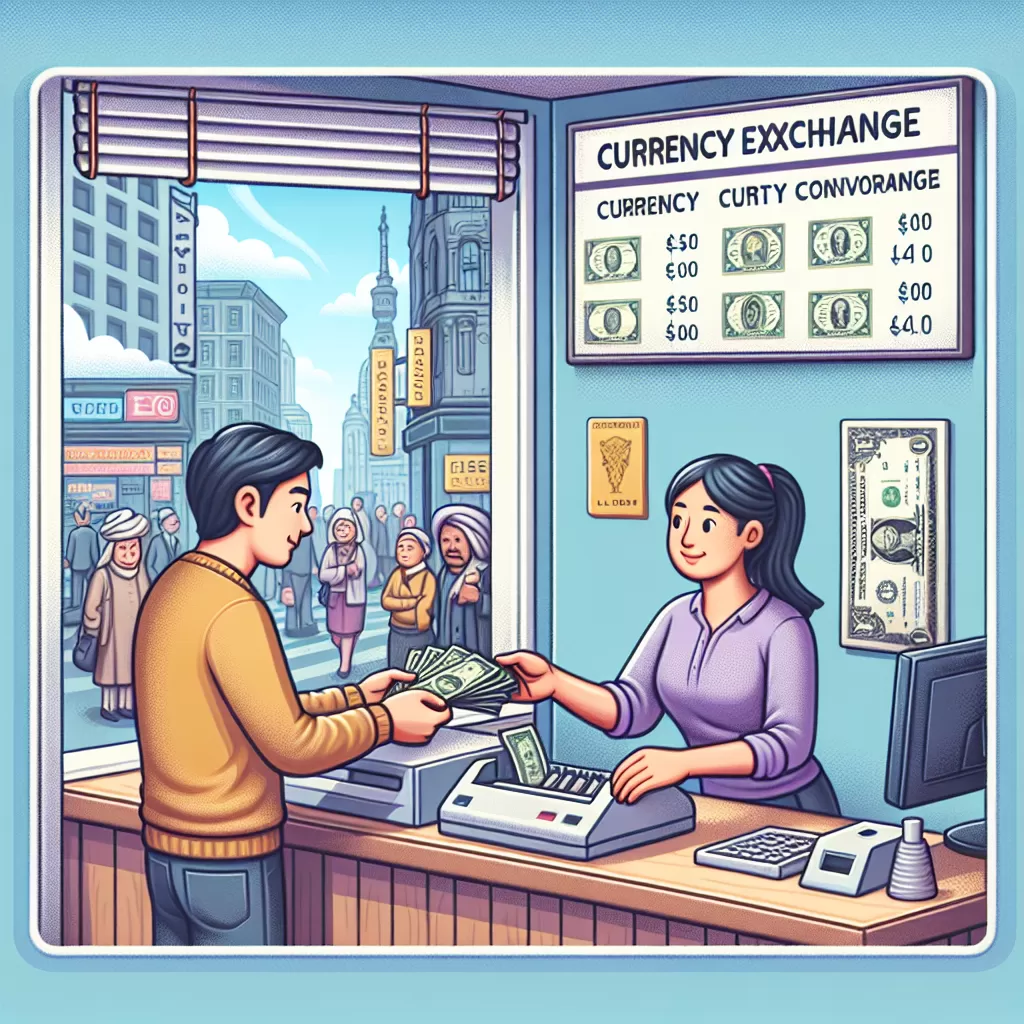How Do I Exchange Currency
Follow Currency Mart April 10, 2024
Where to purchase Foreign Currencies?

Introduction
Currency exchange refers to the transfer or conversion of one currency into another. It's an essential service integral to international trade, travel, and investment. Regardless of why you're interested in currency exchange – be it for buying property overseas, paying tuition fees, travelling, or investing in foreign stocks – it's crucial to grasp how this process works to get the best value for your money.Understanding the Basics of Currency Exchange
The concept of currency exchange revolves around the idea of foreign exchange rates. This rate is the value of one currency compared to another and is influenced by political, financial, and economic factors. For example, if the exchange rate between the Canadian Dollar and US dollar is 1:0.80, it implies that you'll need CAD 1 to buy 0.80 USD.Options for Exchanging Currency
There are various options to exchange currency, each with its own set of advantages and disadvantages.1. Banks and Credit Unions
Traditional financial institutions like banks and credit unions are popular choices for currency exchange services. Banks offer a secure and convenient option to exchange currency. Many banks even offer online services that allow for easy forex transactions. However, the downside is that bank exchange rates can be less competitive compared to other options, with higher fees and markups.2. Currency Exchange Bureaus
Currency exchange bureaus are businesses dedicated to buying and selling currencies. These bureaus are often located in tourist hotspots, airports or city centres. They provide the convenience of getting your currency on the spot, but they may not offer the best exchange rates and may charge high service fees.3. Online Money Transfer Services
Platforms like TransferWise, Revolut, and PayPal have emerged as cost-effective and user-friendly options for currency exchange. These services use mid-market rates, allowing users to achieve better value compared to traditional banks. However, it's worthwhile to do your homework as some platforms may have hidden charges or fees.4. Prepaid Travel Cards
Prepaid travel cards are a popular choice among frequent travellers. You can load multiple foreign currencies onto these cards and use them like a regular debit or credit card abroad - often without additional transaction fees. These cards offer competitive rates, but they may come with fees for maintenance, reloading or withdrawal.Ways to Minimize Currency Exchange Costs
There are strategies to minimize your costs during currency exchange:1. Compare and Contrast Rates
Different providers offer different rates, so take time to shop around. Online comparison tools can aid you in finding the best rates available.2. Watch Out for Hidden Fees
Alertness towards hidden fees is critical. Some exchange services might offer attractive rates only to compensate with high service or transaction fees.3. Use Technology
Online money transfer services and apps frequently offer better rates and lower fees compared to traditional avenues, making them worth considering for your foreign exchange needs.Conclusion
Currency exchange is a diverse landscape with various options to pick from according to your needs. Banks offer trusted, consolidated services, while online platforms and prepaid cards provide competitive rates and versatility. Regardless of the method you choose, being informed about exchange rates and fees is key to getting the best value for your hard-earned money.
Where to purchase Foreign Currencies?